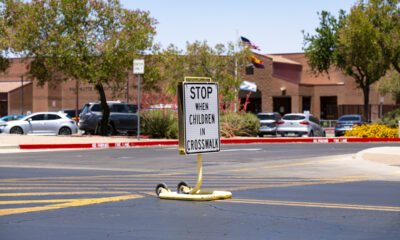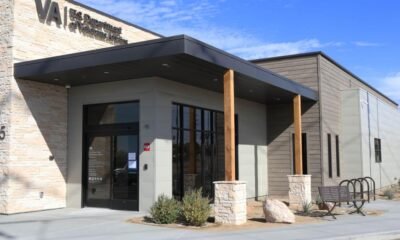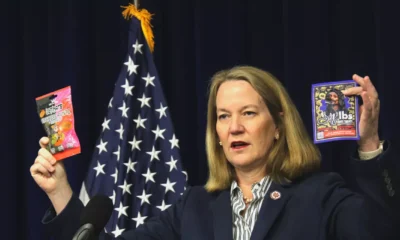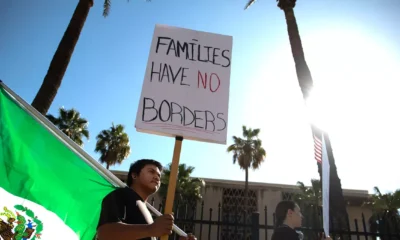affordable housing
Nicole Newhouse Tackles Arizona’s Housing Crisis Head-On
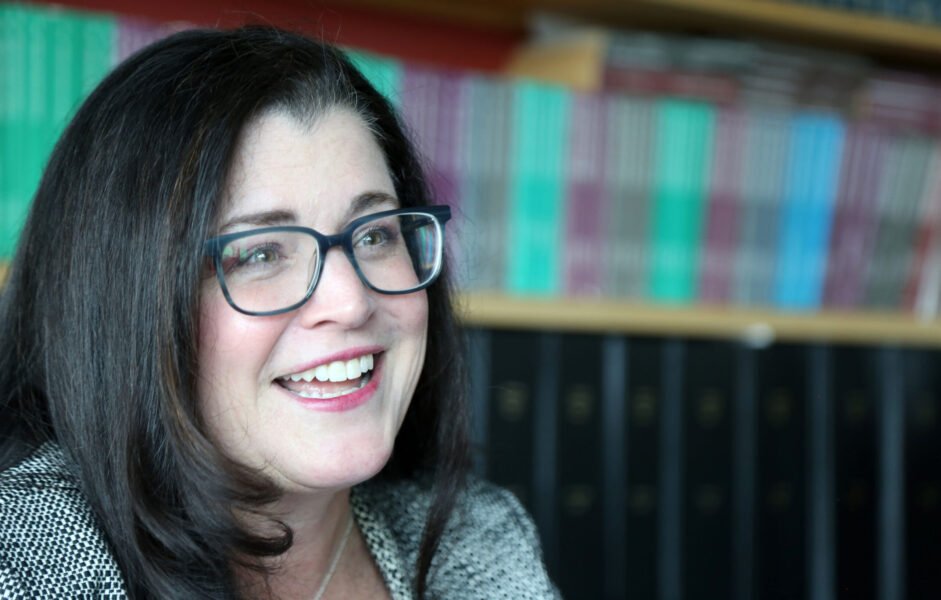
As housing prices in Arizona approach the $500,000 mark, advocates, including Nicole Newhouse of the Arizona Housing Coalition, are pushing for policies aimed at making home ownership more accessible and enhancing support for the state’s significant homeless population, currently estimated at 15,000 individuals. In a recent interview, Newhouse provided insight into the coalition’s legislative efforts to mitigate housing and homelessness issues.
The following Q&A has been edited for clarity.
What are the biggest housing challenges right now?
The primary issues are land availability and rising costs. While some developers face minimal zoning challenges, the majority of Maricopa County’s land is zoned for single-family homes, limiting options for higher-density developments. Additionally, regulatory and bureaucratic barriers, particularly in zoning and permitting, hinder progress. For example, a project by Catholic Charities took 12 years to complete due to these obstacles, which many developers find too risky.
Could you tell me a little about the work that the Housing Coalition does?
The coalition comprises over 350 organizations, both nonprofit and for-profit, that provide a range of services related to homelessness and affordable housing. Members include shelters, transitional housing organizations, and those involved in behavioral health and workforce development. The coalition facilitates communication among members to identify effective policies based on real-world experiences, aiming to shrink the need for their existence.
What do you see as the biggest legislative priorities of this session?
Key priorities include the renewal and expansion of the state low-income tax credit and extending the Department of Housing’s mandate for at least four years. The low-income housing tax credit, initiated by Ronald Reagan, remains essential for affordable housing development across the country. In Arizona, this program supports developers even as project costs rise, particularly in rural areas.
How does the coalition feel about the Legislature’s approach to addressing homelessness with increased regulations on mixed hoteling and drug-free zones?
While lawmakers may have good intentions, there is concern about their understanding of the broader implications of such policies. The focus on punitive measures rather than supportive infrastructure is troubling, especially given the complexities surrounding addiction and homelessness. Sobriety is often not linear, and the need for non-traditional support spaces remains crucial.
Why shouldn’t the Legislature continue the Department of Housing for just one year as proposed by House Bill 2209?
A one-year renewal could disrupt builders and threaten federal funding. Given the existing housing shortage, uncertainty around funding could exacerbate the crisis. Ongoing evaluations, rather than short-term renewals, are essential for maintaining stability in housing development.
What policies are not currently being discussed that could benefit Arizona?
Prohibitions on inclusionary zoning are a significant barrier. Allowing cities to decide on inclusionary zoning could foster affordable housing development. Additionally, cities need access to better financing tools like tax incremental financing, which the state could enhance with appropriate regulations.
Regarding homelessness policy, what challenges exist?
With 15,000 individuals homeless but only 10,000 shelter beds and vouchers available, the system struggles to accommodate everyone. Innovative solutions are necessary for those unable to transition directly to apartments, including exploring single room occupancy options for temporary support.
Would the Starter Homes Act significantly assist in making homes affordable?
Opinions within the coalition vary. While there is support for expanding homeownership opportunities, the focus must shift toward increasing density rather than solely concentrating on single-family homes. The value lies more in land appreciation than in the physical structure.
What about the “Yes in God’s Backyard Bill” (YIGBY)?
The bill’s narrow focus on single-family homes limits its potential impact. However, even a small number of units created by religious organizations could contribute to alleviating the housing shortage. Reports suggest that at the current development rate, it could take Maricopa County 85 years to meet its housing needs, underscoring the urgency for more diverse solutions.
